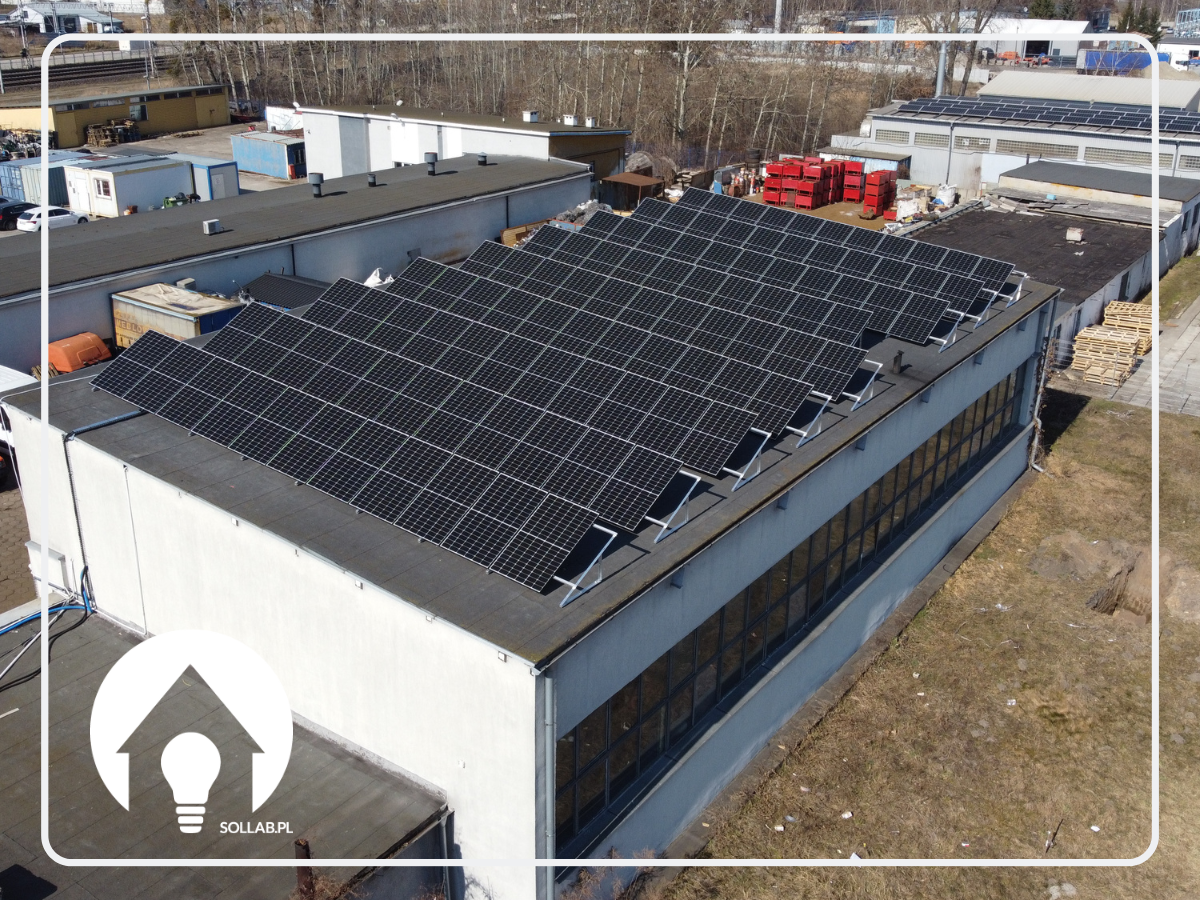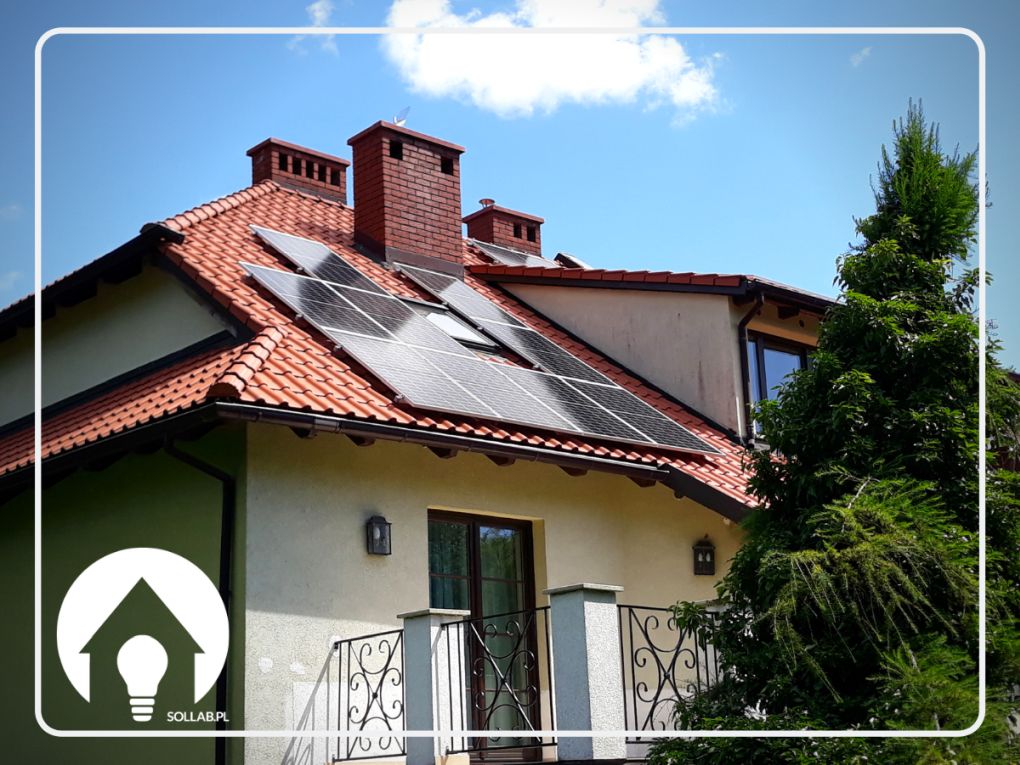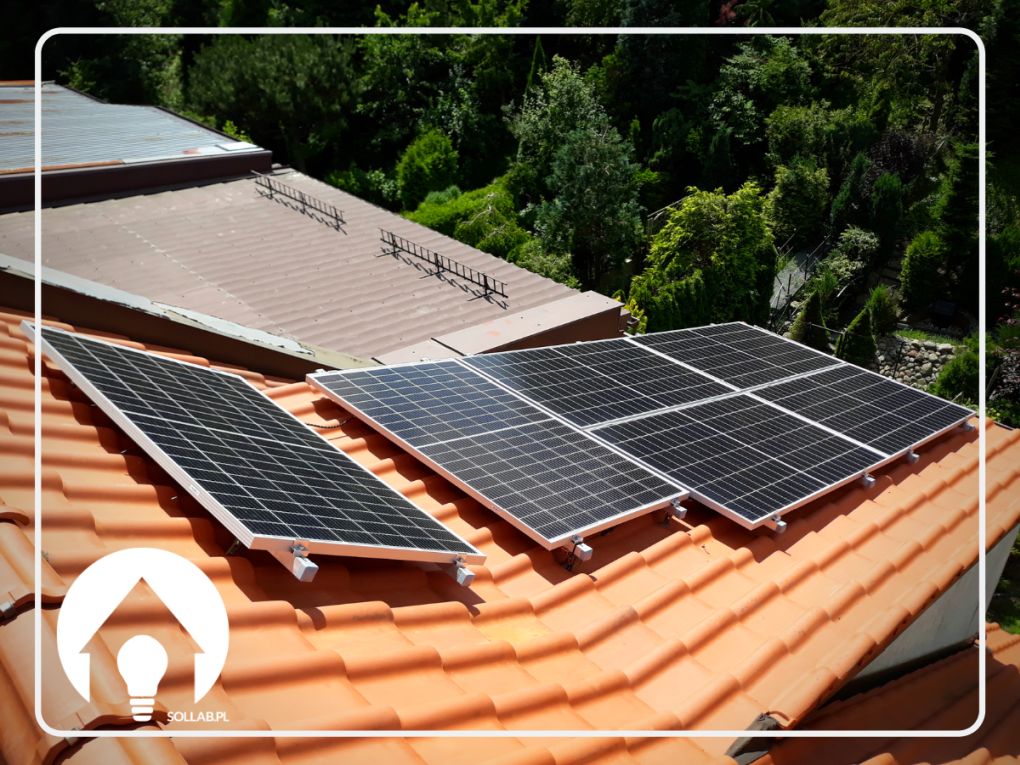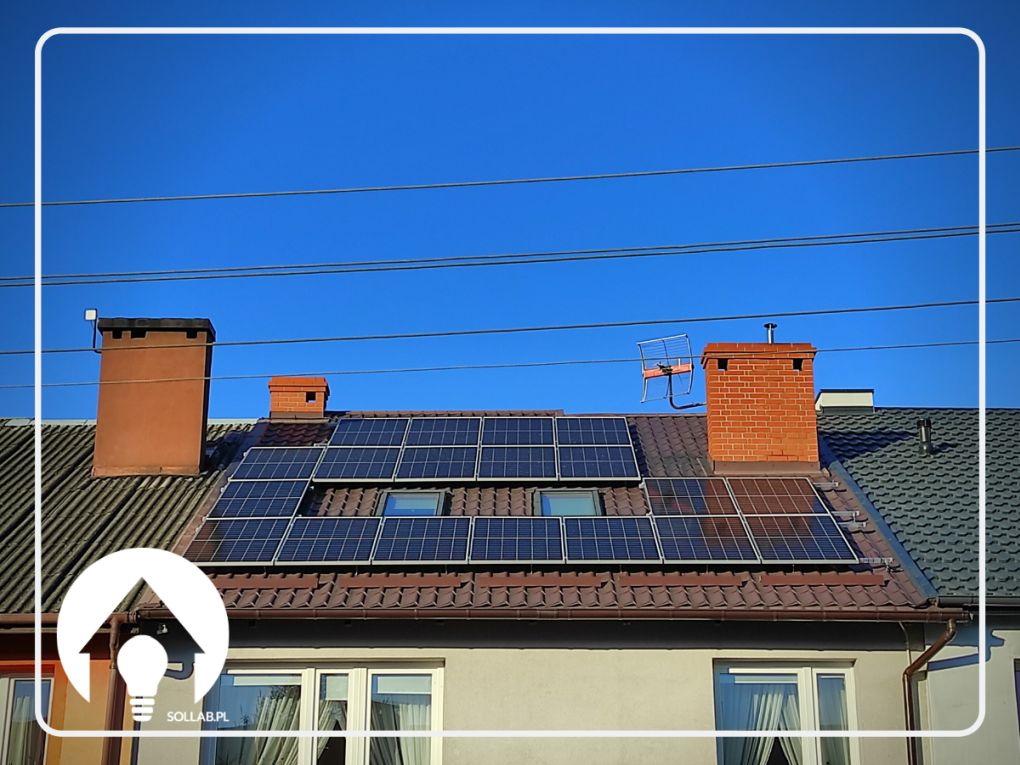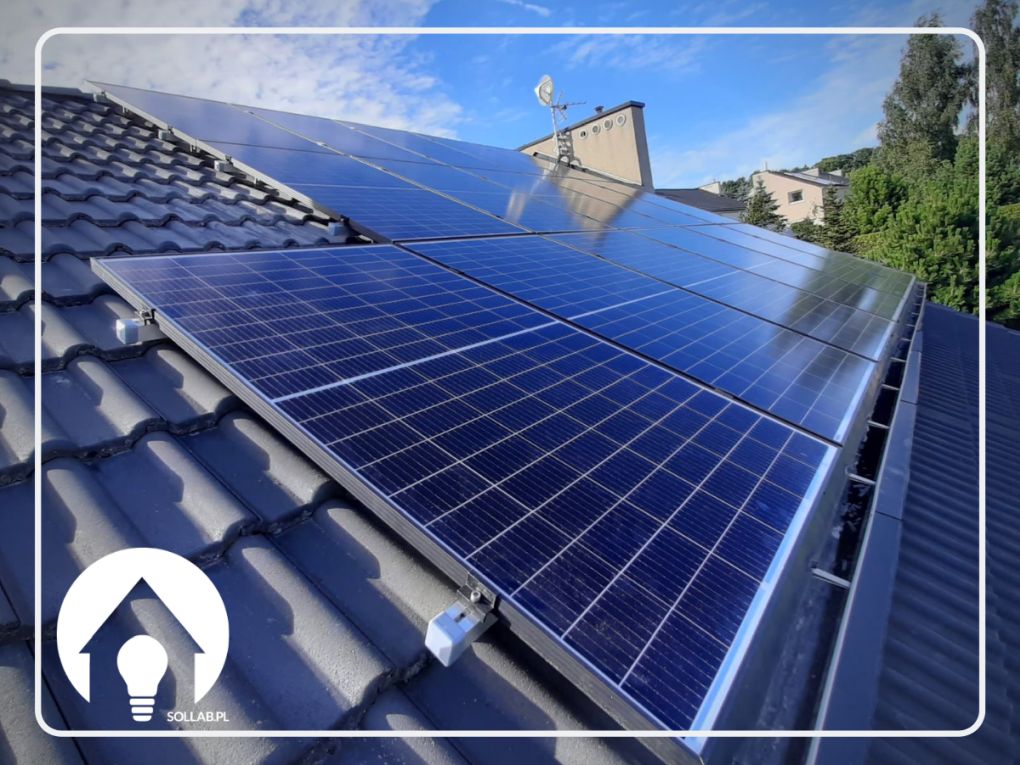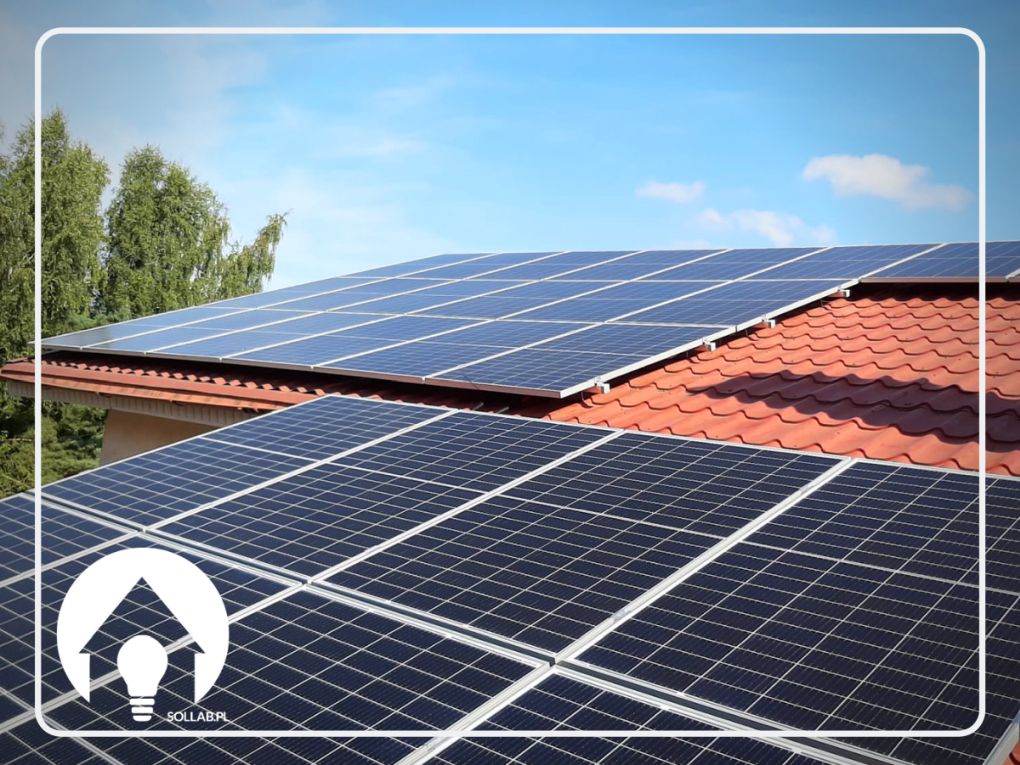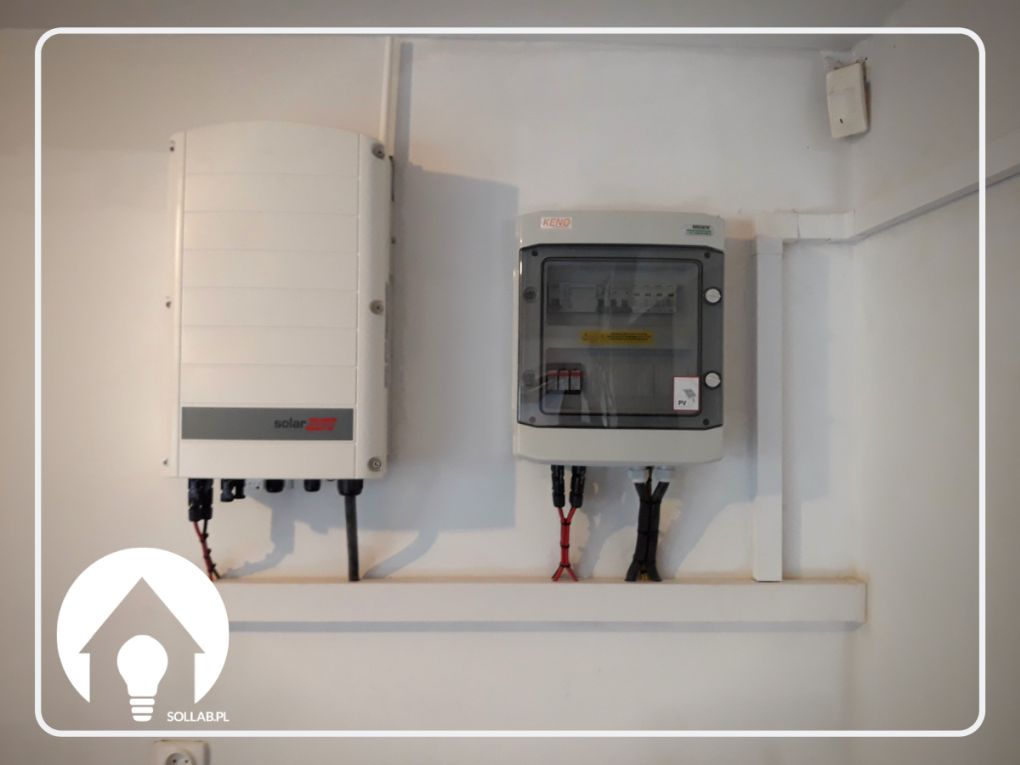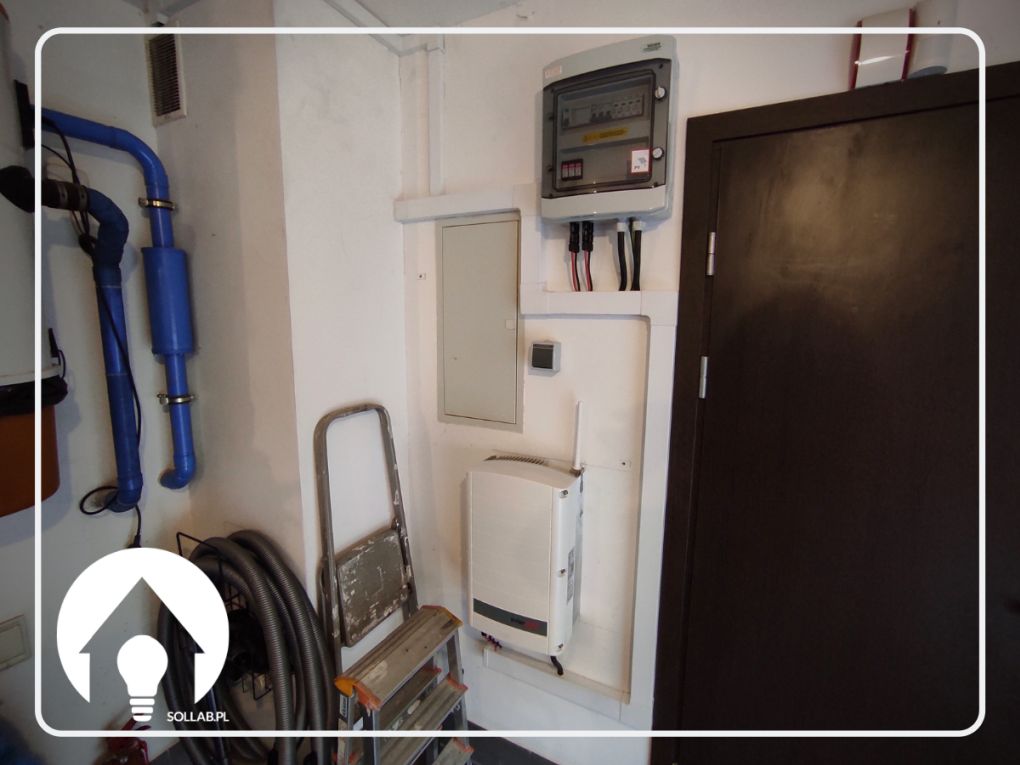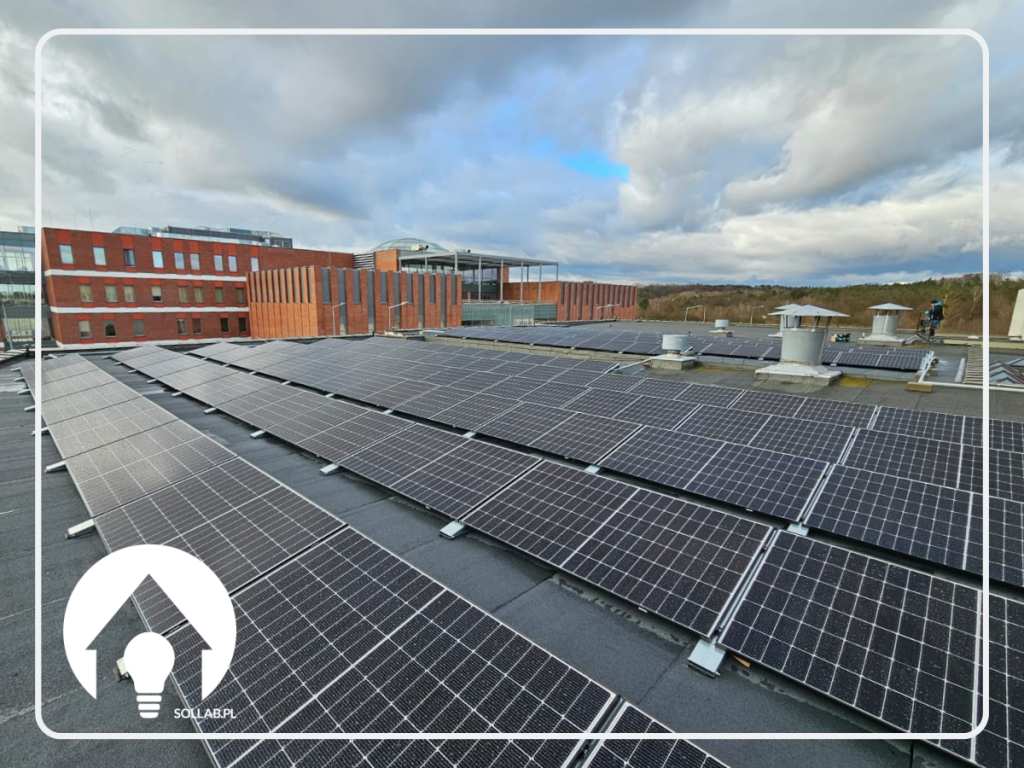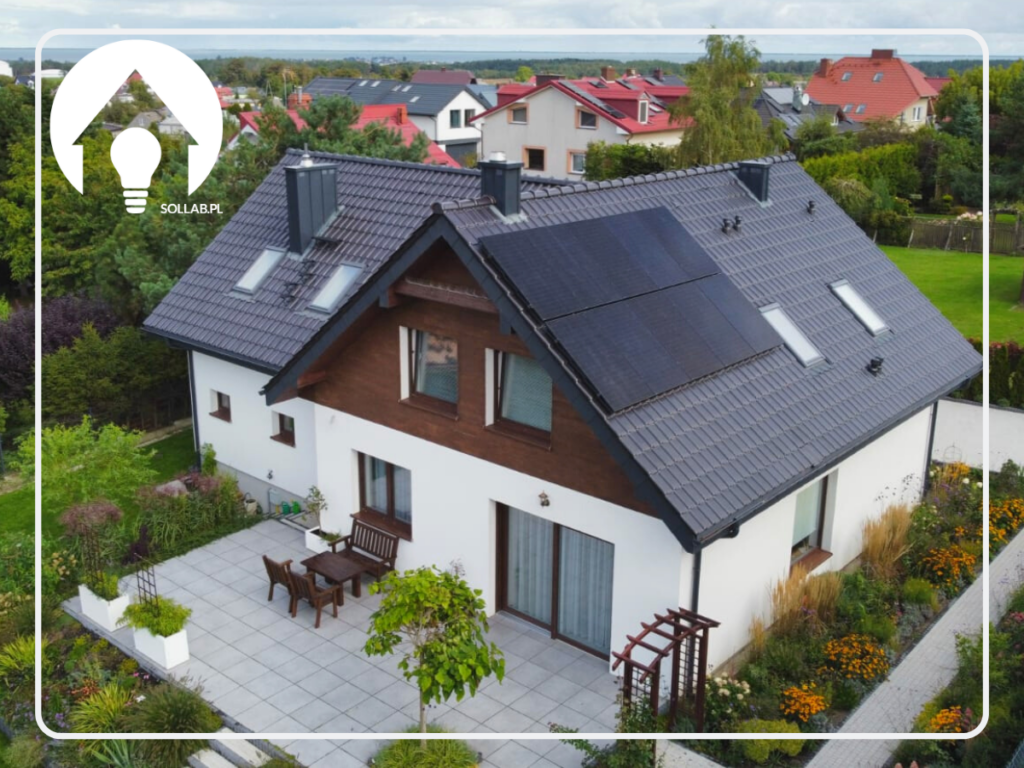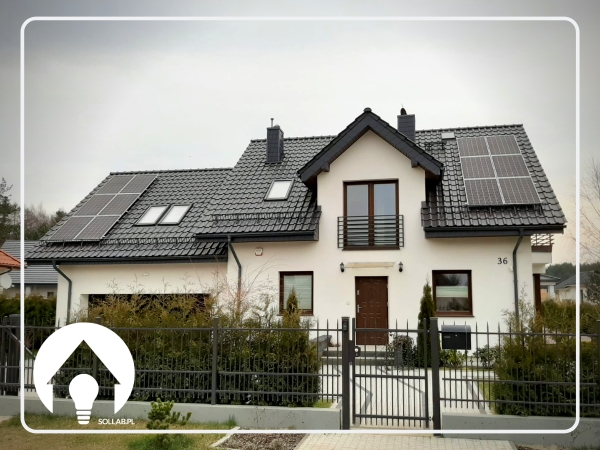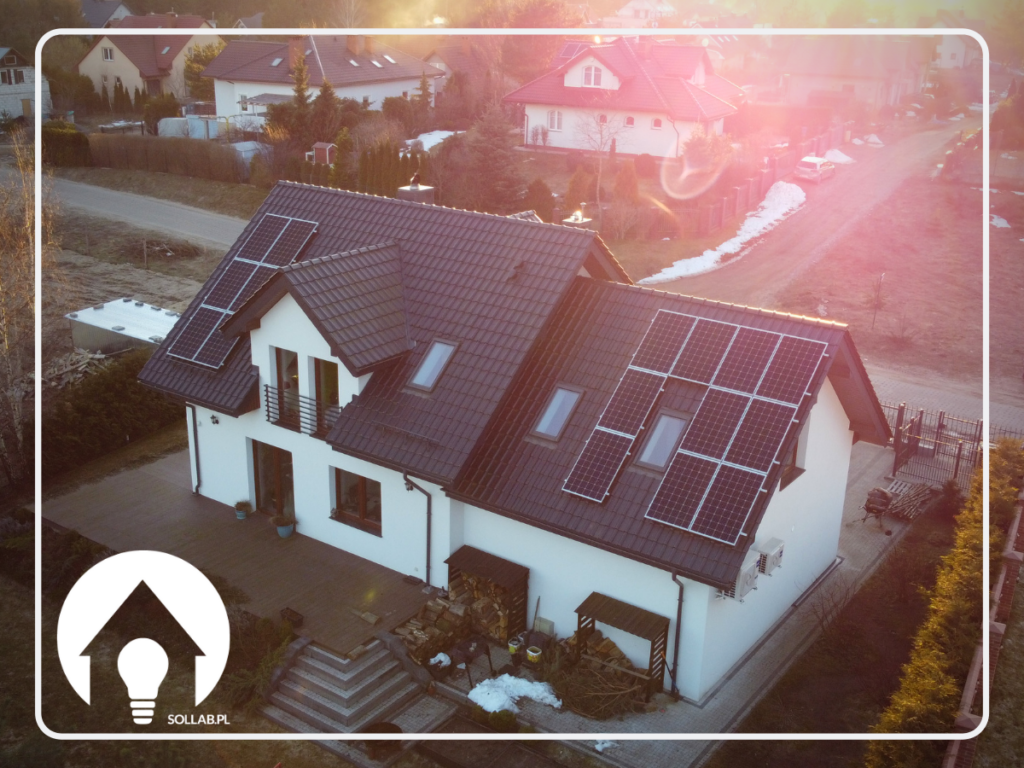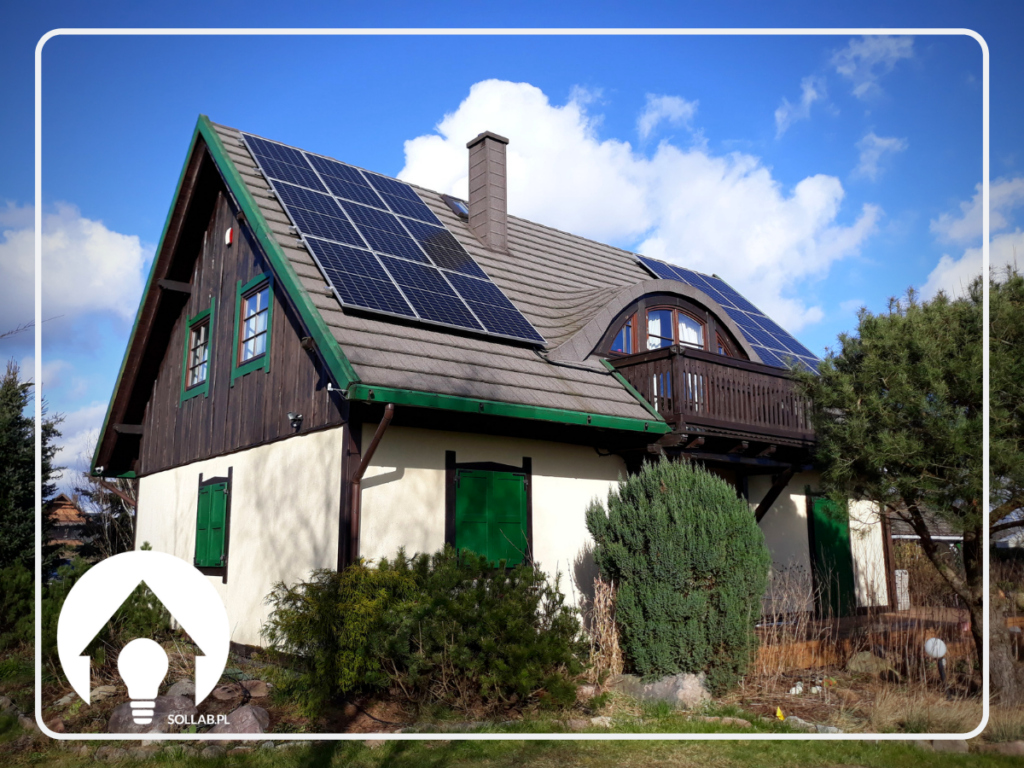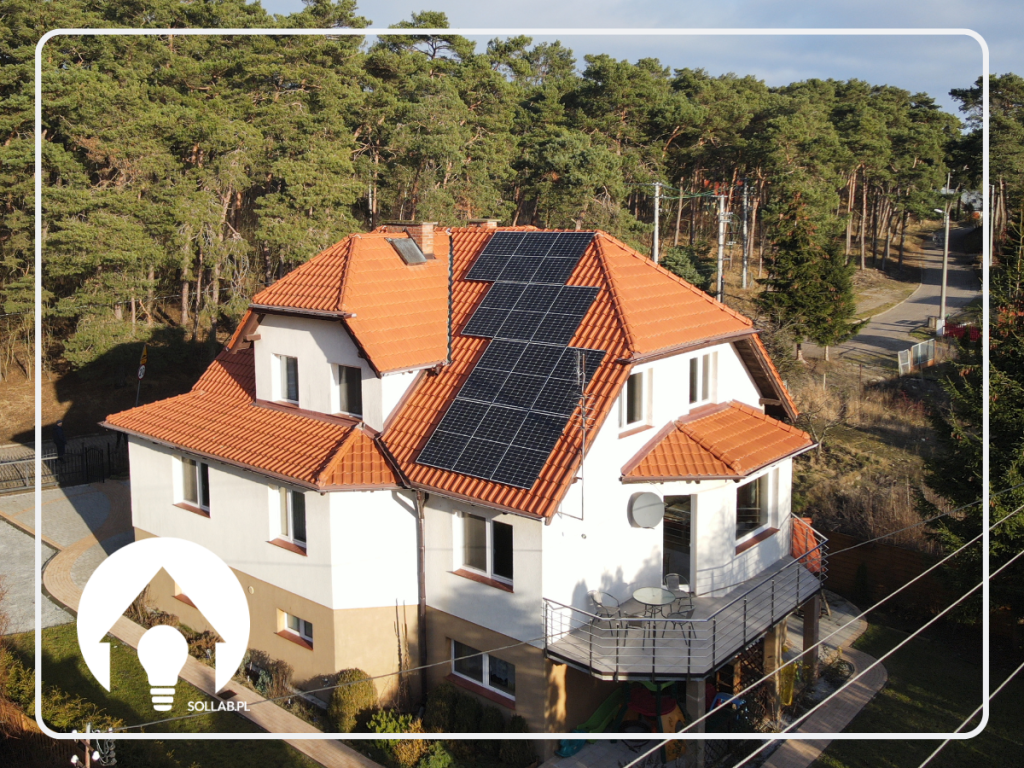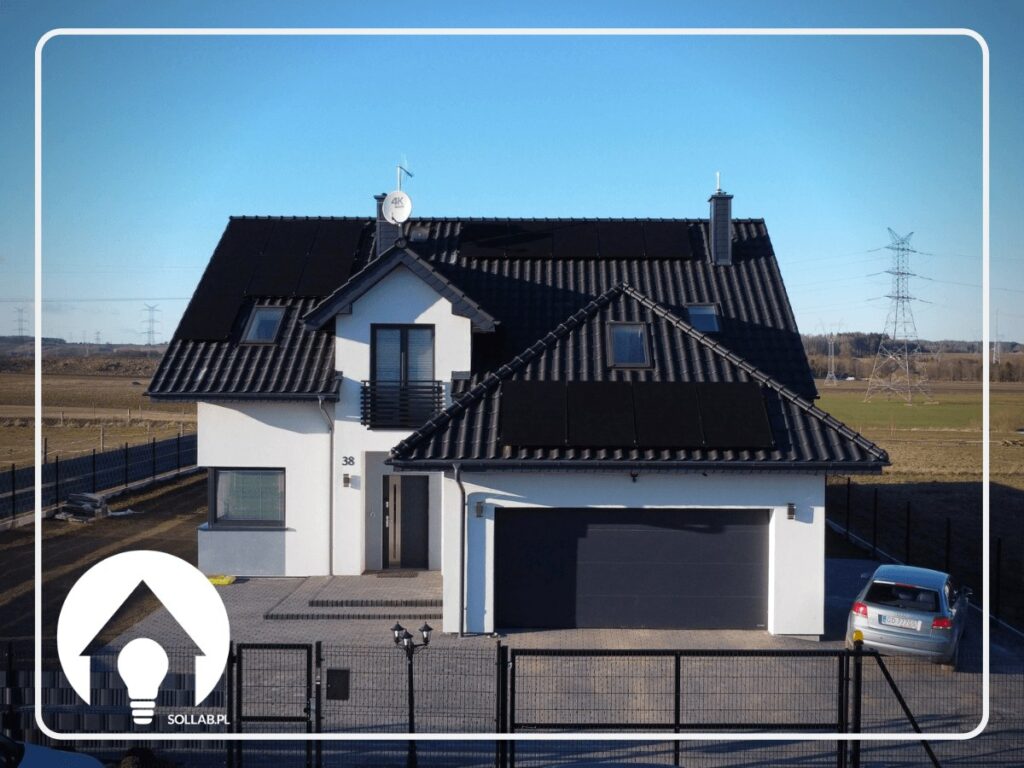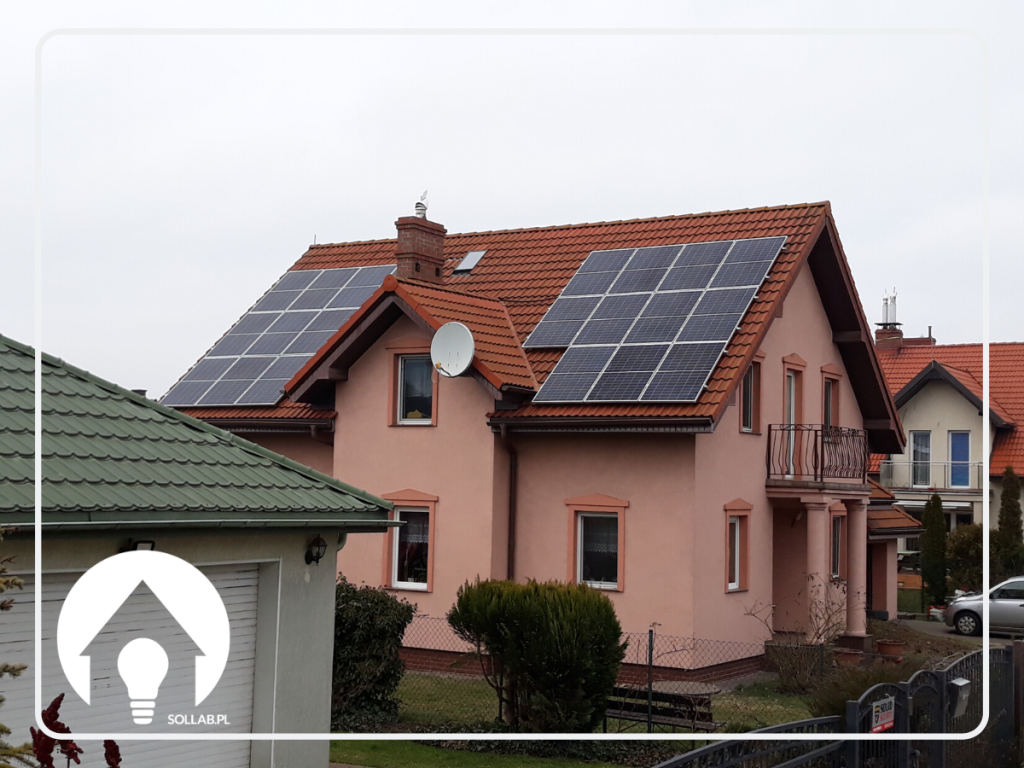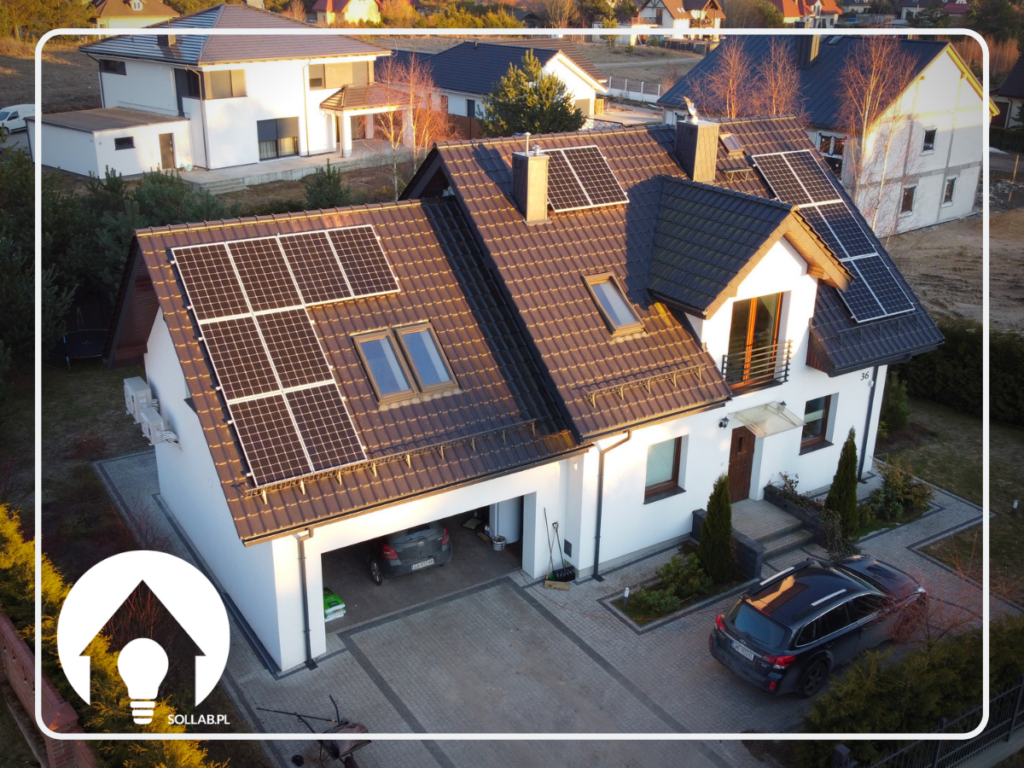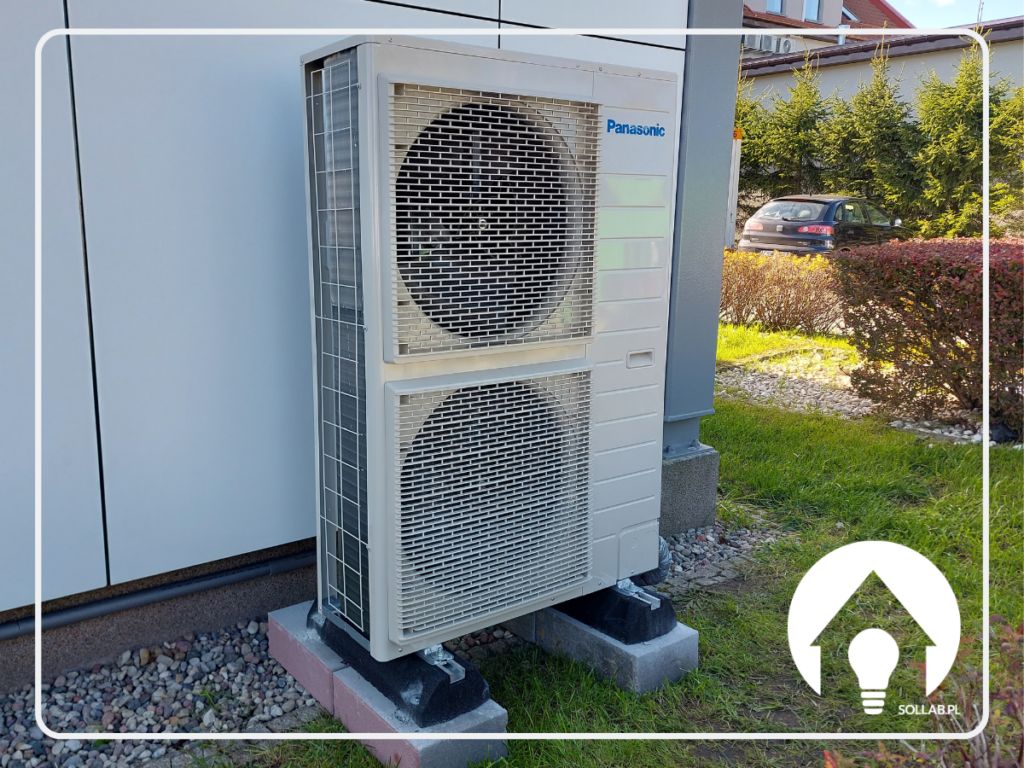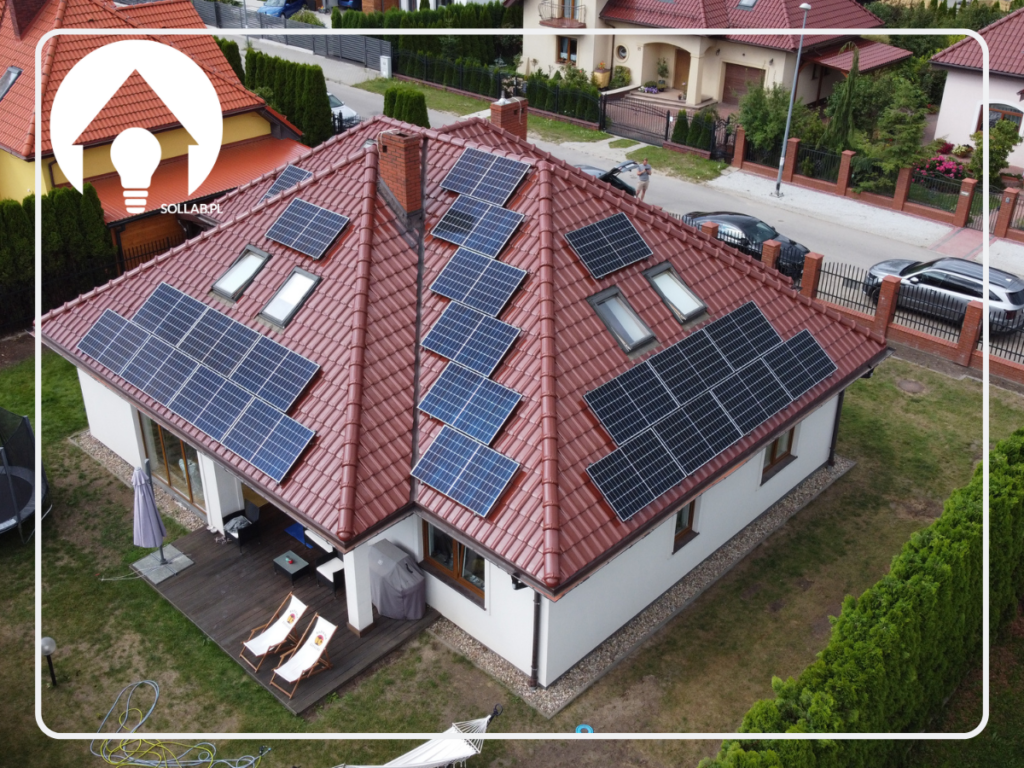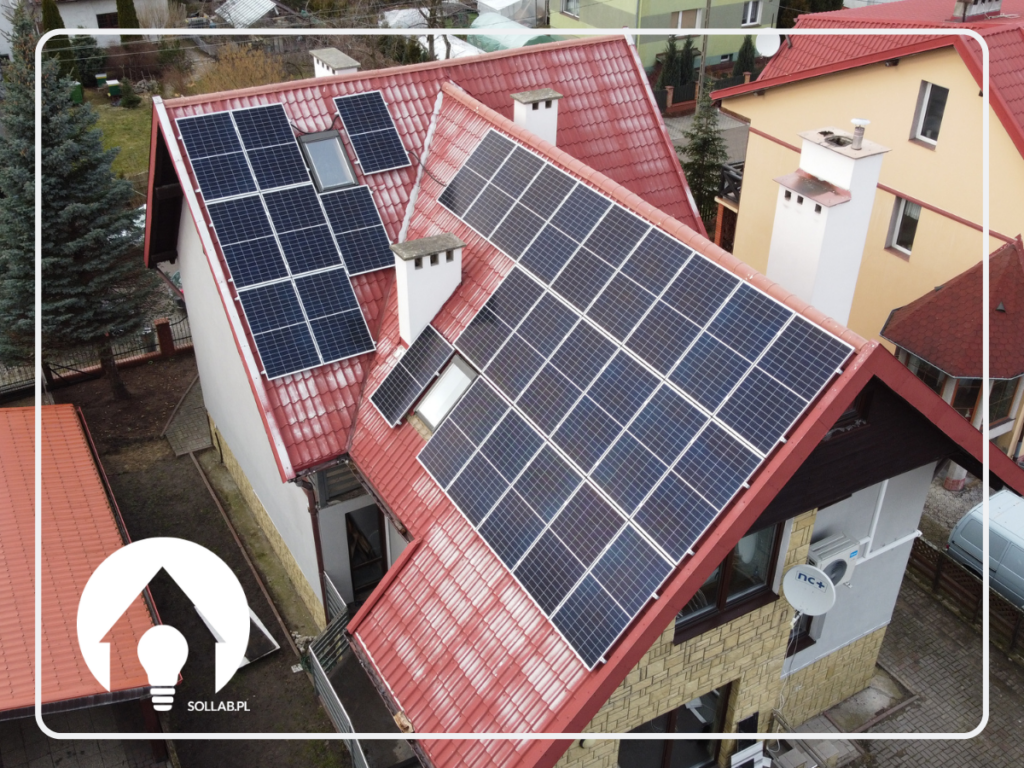There are many single-family houses in the Pruszcz Gdanski area. Not surprisingly, residents are increasingly deciding to invest in photovoltaics. Rising electricity prices and large roof areas encourage such decisions, which is why photovoltaic installations in Pruszcz Gdański are gaining in popularity.
Photovoltaics Pruszcz Gdański - time to bet on ecological solutions
Recently, photovoltaic panels have become increasingly common. This is happening for good reason. Photovoltaic systems offer the possibility to save a lot, as well as we can count ourselves among those who care about the Planet. What's more, the use of solar panels at home makes it possible to become independent of electricity supply companies.
Photovoltaic technology has gained a lot of publicity. In the neighbourhood you can see a growing number of buildings with photovoltaic panels on the roof, and there is no shortage of solar installations on the ground. The mass of people are probably wondering why photovoltaics has become so successful. It is therefore important to start with how it works.
What are photovoltaic panels and how do they work?
Photovoltaics is basically the use of the sun's rays to generate electricity. You can use the electricity generated not only to power all the appliances you have in your own home, but also to heat water or to heat the building you live in.
The basic component we need to generate electricity are photovoltaic modules, usually commonly referred to as photovoltaic panels. These are usually installed on the roof of a building. In most cases, the structural elements of the roof do not need to be reinforced - this is only the case for older properties.
In photovoltaic panels, the photovoltaic phenomenon takes place, which involves the conversion of energy from the sun into direct current. the current is conducted in cells, which are created from a semiconductor material. One of the materials often used to create cells is silicon.
Types of photovoltaic panels - Pruszcz Gdański
Solar modules can be divided into a couple of groups: monocrystalline modules and polycrystalline modules. Monocrystalline modules are characterised by the highest grade and efficiency of the other modules. These panels are created from a single crystal of silicon. Thanks to their fairly low production costs, monocrystalline modules are among the most common today. But the production process for polycrystalline modules is somewhat less complicated. They are created from pure silicon semiconductors. According to estimates, the efficiency of polycrystalline modules, as opposed to monocrystalline, is 3% less.
Is the use of a photovoltaic installation really green?
Of course. A photovoltaic installation does not need any supplementary energy sources, and it does not have a bad impact on the environment. One of the reasons why people choose to install a photovoltaic installation is that it is 100 per cent ecological and does not involve pollution.
Is there anything to be afraid of? What concerns might investors in photovoltaics in Pruszcz Gdański have?
There are many rumours being passed around among potential buyers of solar panels, which are unfortunately often repeated. What are these myths?
Myth 1: The climate in Poland does not allow the use of solar panels
This is one of the main myths that is completely unconfirmed in practice. As experienced specialists in the installation of panels in Pruszcz Gdański, we can definitely deny it. Our customers are satisfied and after a few seasons gain complete independence from electricity suppliers.
In addition, Poland has very similar solar conditions to Germany, which is one of the leaders in photovoltaic installations in Europe.
Myth 2: Investing in photovoltaics does not pay off
This is not true. There are many subsidies and rebates for the installation of solar panels, so that the investment pays off much faster. In addition, it should be taken into account that every year electricity prices increase and the payback time for the investment decreases.
Myth 3: Photovoltaic panels won't heat your home on a cloudy day
It is true that the most favourable weather for a solar installation is a sunny day. But on a cloudy day, solar panels will also do their job. Reduced solar radiation affects the efficiency of the system, but does not make the installation non-functional.
See realisations in other cities:
